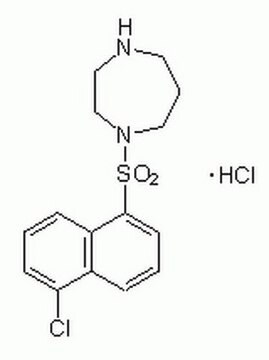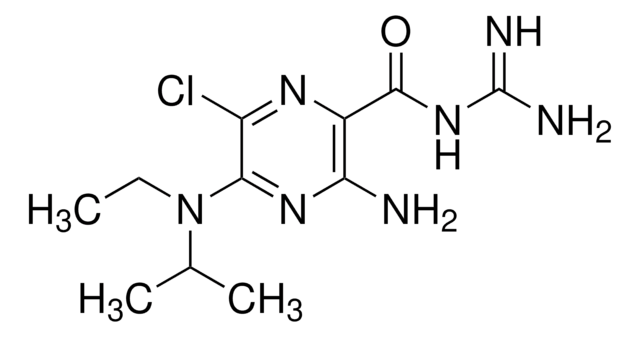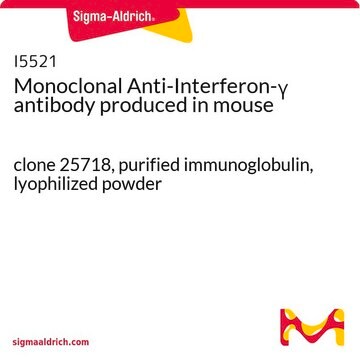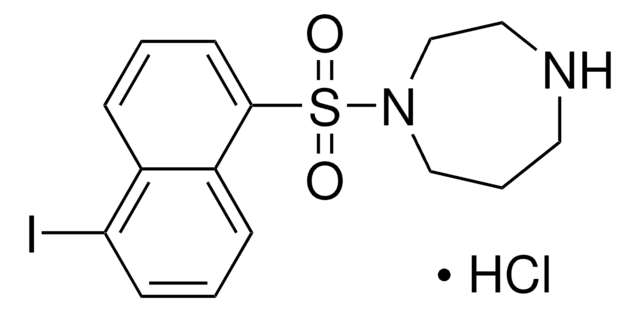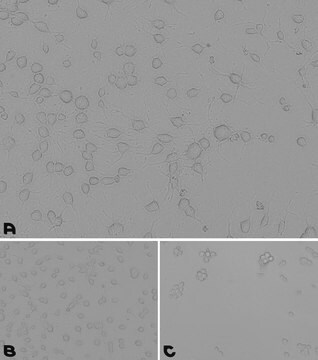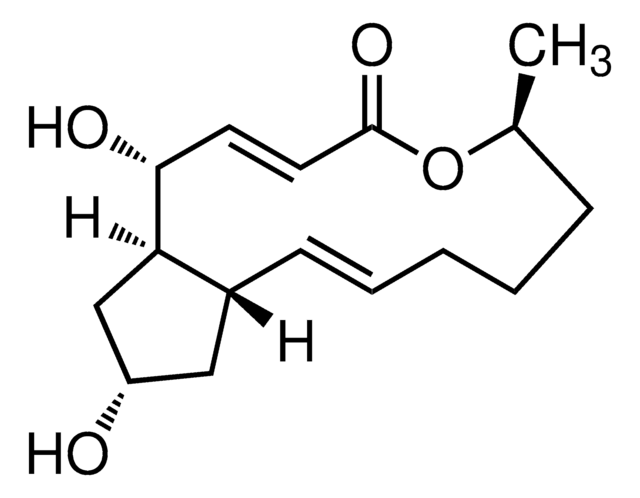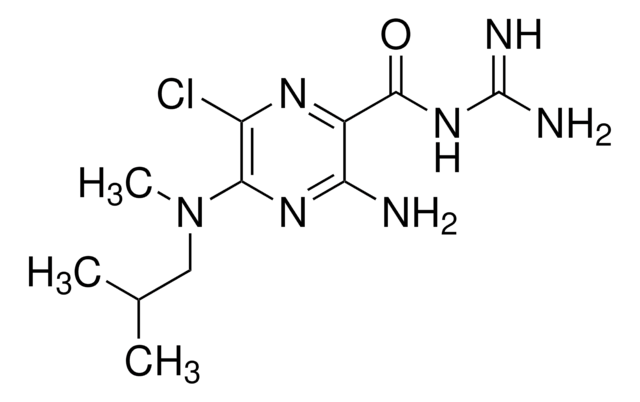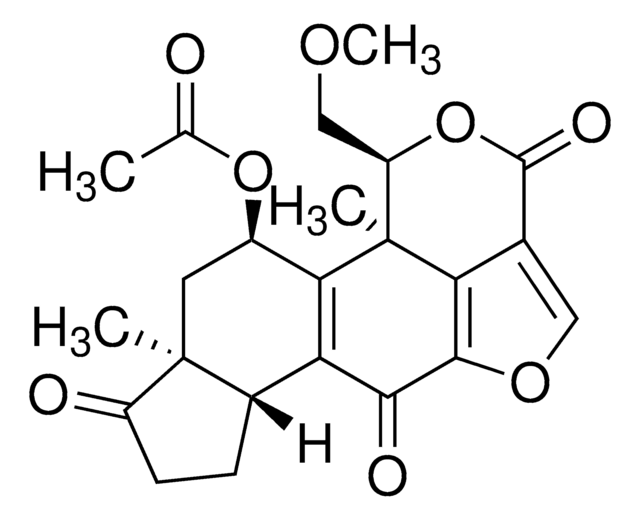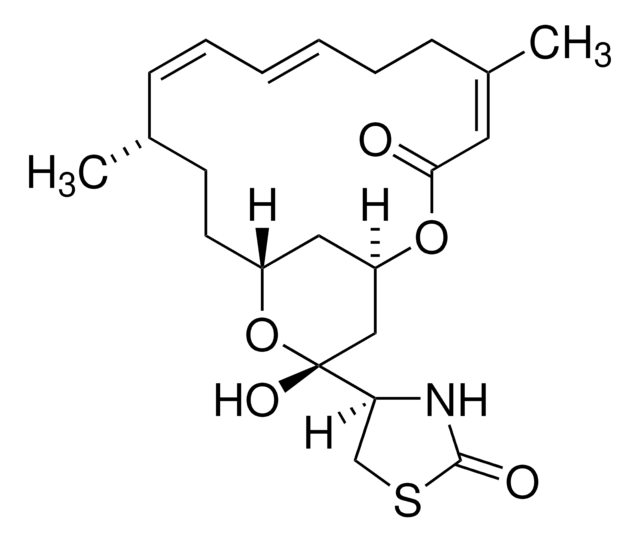Wichtige Dokumente
C1172
ML-9
≥99% (TLC), powder
Synonym(e):
1-(5-Chloronaphthalene-1-sulfonyl)-1H-hexahydro-1,4-diazepine hydrochloride
About This Item
Empfohlene Produkte
Biologische Quelle
synthetic (organic)
Assay
≥99% (TLC)
Form
powder
Farbe
white
Löslichkeit
ethanol: 10 mg/mL
Lagertemp.
2-8°C
SMILES String
Cl.Clc1cccc2c(cccc12)S(=O)(=O)N3CCCNCC3
InChI
1S/C15H17ClN2O2S.ClH/c16-14-6-1-5-13-12(14)4-2-7-15(13)21(19,20)18-10-3-8-17-9-11-18;/h1-2,4-7,17H,3,8-11H2;1H
InChIKey
ZNRYCIVTNLZOGI-UHFFFAOYSA-N
Angaben zum Gen
human ... SLC2A1(6513) , SLC2A4(6517)
Anwendung
Biochem./physiol. Wirkung
Leistungsmerkmale und Vorteile
Lagerklassenschlüssel
11 - Combustible Solids
WGK
WGK 3
Flammpunkt (°F)
Not applicable
Flammpunkt (°C)
Not applicable
Persönliche Schutzausrüstung
Eyeshields, Gloves, type N95 (US)
Hier finden Sie alle aktuellen Versionen:
Besitzen Sie dieses Produkt bereits?
In der Dokumentenbibliothek finden Sie die Dokumentation zu den Produkten, die Sie kürzlich erworben haben.
Kunden haben sich ebenfalls angesehen
Artikel
Glucose metabolism is regulated by the opposing actions of insulin and glucagon. Insulin is released from pancreatic ß cells in response to high blood glucose levels and regulates glucose metabolism through its actions on muscle, liver, and adipose tissue.
We presents an article about the Warburg effect, and how it is the enhanced conversion of glucose to lactate observed in tumor cells, even in the presence of normal levels of oxygen. Otto Heinrich Warburg demonstrated in 1924 that cancer cells show an increased dependence on glycolysis to meet their energy needs, regardless of whether they were well-oxygenated or not.
Unser Team von Wissenschaftlern verfügt über Erfahrung in allen Forschungsbereichen einschließlich Life Science, Materialwissenschaften, chemischer Synthese, Chromatographie, Analytik und vielen mehr..
Setzen Sie sich mit dem technischen Dienst in Verbindung.